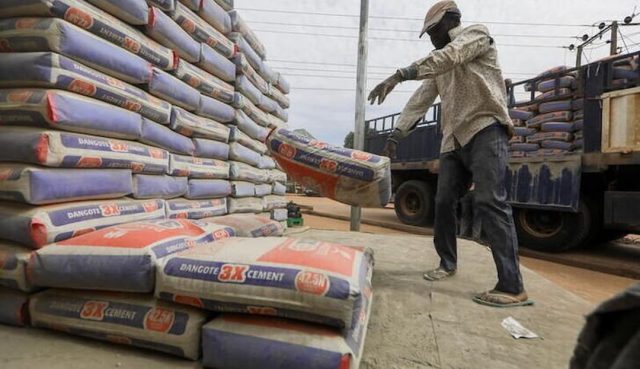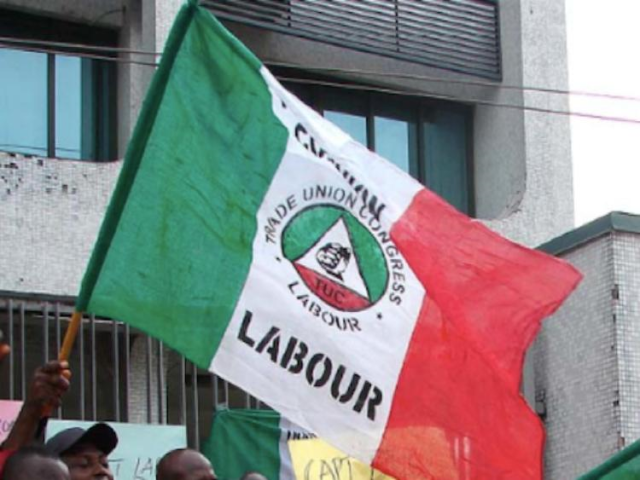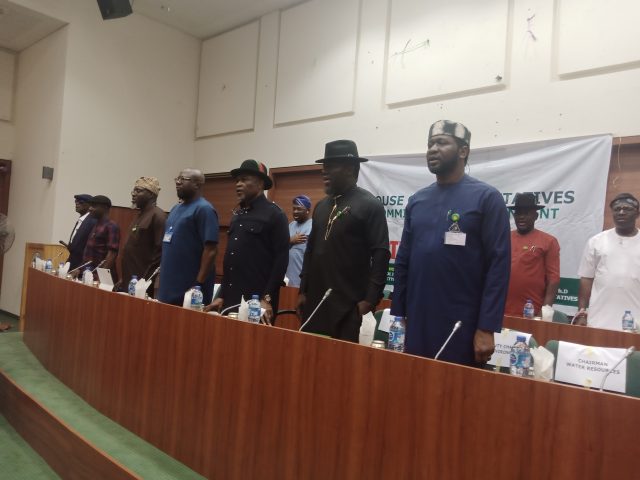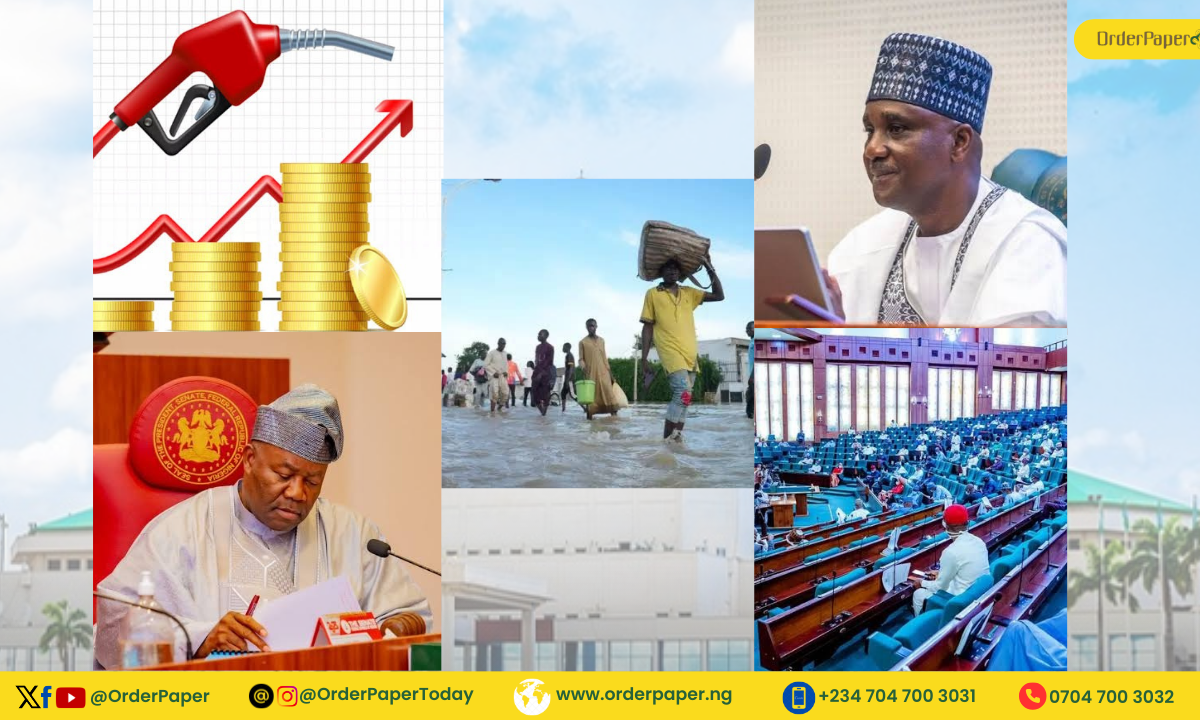This week, the National Assembly is poised to address several pressing issues that are capturing the nation’s attention. As this Legislative Intelligence Forecast Entry (LIFE) reports, these matters range from economic concerns to social and legislative challenges.

As the National Assembly convenes this week, the legislative agenda promises to be both diverse and contentious, with several pivotal bills set to take centre stage.
Besides the array of proposed legislation, other pressing issues must be addressed as the importance of informed and constructive dialogue on them cannot be overstated.
From recurring labour issues including a threat to down tools; to the investigation on the rising prices of cement by the House of Reps and the seeming defiance of the committees of the National Assembly, we can forecast that the National Assembly is poised to deliberate, either at plenary or in committee clusters, on these issues.
At OrderPaper, we have chosen to enhance this process with an analysis of these issues.

Rising prices of cement under scrutiny
The House of Representatives is intensifying its investigation into the rising prices of essential goods and services, especially cement. With inflation squeezing household budgets, lawmakers are under pressure to identify the root causes and propose viable solutions. This investigation aims to uncover the factors driving up costs which affect housing and real estate to explore potential regulatory or policy measures to stabilize prices.
OrderPaper recalls that the National Assembly has been agitated by the recent rise of cement prices in the country and resolved to investigate the matter. In the House, a motion on the need for a probe was co-sponsored by Rep. Gaza Gbefwi (SDP, Nasarawa) and Rep. Ademorin Kuye (APC, Lagos) in March.
It can be recalled that the Federal Government and cement manufacturers few months ago agreed to peg the price of a 50kg bag of cement between N7,000 and N8,000.
Dangote and Bua, prominent cement manufacturers, failed to appear before the Committee and were given 14 days to show up or possibly face sanctions.

Persistent Labour Crisis and Salary Strikes
Another major issue on the agenda is the ongoing labour crisis. There have been increasing threats of a nationwide strike as workers demand salary increases. Persistent disputes between the government and labour unions have escalated, leading to widespread unrest.
The Organised Labour Union comprising the Nigeria Labour Congress (NLC) and Trade Union Congress (TUC) has reiterated its May 31, 2024 ultimatum to the Federal Government to meet all of its demands which includes implementation of a new national minimum wage and reversal of the hike in electricity tariff. This followed a Monday emergency meeting of the National Executive Councils (NEC) of the NLC and TUC in response to the pressing national issues affecting Nigerian workers.
The National Assembly is expected to engage in critical discussions to address the demands of the workforce and avert a potential shutdown of critical services while balancing fiscal responsibility. The goal is to find a compromise that prevents disruption to essential services and maintains economic stability.

NNPC’s Oil Production Increase
In a more positive development, the Organisation of Petroleum Exporting Countries (OPEC) has said Nigeria’s average daily crude oil production increased to 1.28 million barrels per day in April. This was contained in its latest monthly oil market report, released on Tuesday.
The report indicates that Nigeria’s current output marks a 4.07 per cent increase from the 1.23 million barrels per day recorded in March, representing the first month-on-month production growth in the year. With this volume of production, Nigeria has reclaimed its position as the largest oil producer in Africa, with Algeria following closely in second place with an output of 907,000 barrels per day.
This news is expected to be discussed in the context of its implications for national income, employment, and energy policy. The focus will be on ensuring that this increase translates into tangible benefits for the economy and the Nigerian people. Lawmakers will likely explore how this increase can be leveraged to boost revenue, improve energy security, and support economic growth. The announcement comes at a crucial time, offering a potential silver lining amidst other economic challenges.

Marriage Initiative for 100 Orphaned Girls in Niger State
The Speaker of the Niger State House of Assembly, Abdulmalik Sarkindaji, has initiated a plan to marry off 100 orphaned girls, a move that has sparked widespread debate as the Minister of Women Affairs, Uju Kennedy-Ohanenye, petitioned the inspector-general of police (IGP) and seeks a court injunction to halt the marriage of 100 girls in Niger state.
The speaker said he had procured materials for the May 24 event and promised to pay the bridegrooms’ dowries as part of his Maringa constituency project. Following the outcry that trailed the announcement, the speaker explained that he was only financing the wedding and not forcing the girls into marriage.
However, the Minister insists that the plan is unacceptable and that the future of the girls should be a priority.
While some view this as a compassionate effort to secure the future of these girls, others raise concerns about the potential implications for child rights and welfare. Legislators will discuss the broader impacts of such initiatives on the welfare and rights of the children involved. This topic is expected to generate diverse opinions and highlight the complexities of social welfare programs.

Defiance of National Assembly Committees
The refusal and disobedience of some entities to comply with the invitations and orders of the National Assembly committees have emerged as significant points of contention. This defiance undermines the legislative authority and accountability mechanisms.
Recently, the House of Representatives Committee on Finance expressed strong dissatisfaction with the continuous failure of various Federal Government Agencies to honour its invitations. At the resumed revenue monitoring exercise on Monday, the Committee’s Vice Chairman, Rep. Saidu Abdullahi (APC Niger), issued a stern warning. He threatened to authorize the Office of the Accountant General of the Federation to block the accounts of any defaulting agencies.
Lawmakers are determined to address this challenge, reinforcing the importance of adherence to legislative processes and the rule of law. Strategies to compel compliance and ensure effective oversight are likely to be on the agenda thereby reinforcing the integrity of its investigative and oversight functions.
As these issues come to the forefront, the National Assembly’s deliberations will be closely watched by stakeholders across the country. The outcomes of these discussions will not only shape policy but also influence public confidence in the legislative process.



